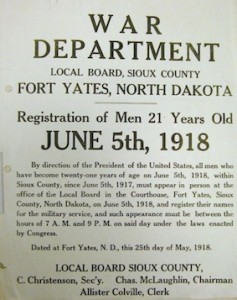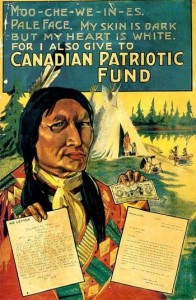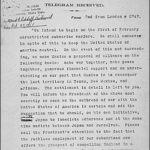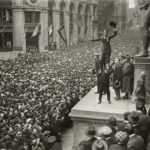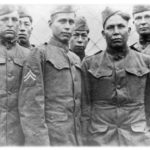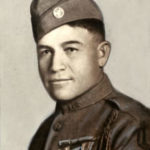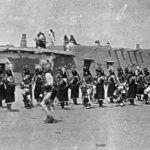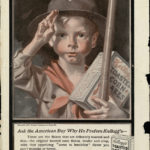Native Americans fought in WWI for many reasons: proof of their loyalty to America, a desire to go overseas, ties to friends and family who volunteered, a desire to fight and prove their manhood (as many young men at the time wanted to do), and for a myriad of other reasons. Though a few all-Indian units did exist within the army, military leadership at the highest levels wanted full integration. They thought integration would prepare Indians for citizenship, expose them further to white culture, and alleviate any existing racial prejudice.
Native American soldiers were noted for their bravery and their presence at the front, in the thick of battle. Journalists could not resist dredging up stereotypes. The Washington Sunday Star noted that “The Aviation Corps of the Army makes an appeal to the red-skinned youth as fully as to the pale-face.”
A reporter on another paper noted that an Indian woman was studying to be a radio operator and added that “Indians had once used smoke signals.” Reporters almost invariably attributed stereotypical broken speech to Indians when they quoted the exploits of particularly brave military members. After a raid, one Native American supposedly said, “Heap big noise inside” and referring to the enemy, “Perhaps heap big dead now.”
Liberty Bond campaigns often relied on the public’s stereotyped images of Native Americans. Native Americans bought Liberty Bonds in great numbers, a notable achievement considering their economic status. They contributed to these campaigns with more than their money, however. Many bond drives used Native Americans dressed in war costume to urge the public to buy bonds; at least one Native American regularly did a war dance in public to help sell war stamps . Considering that most Native Americans during WWI were not citizens and could have been exempted from service, they responded to America’s need during the war in a remarkable way.
